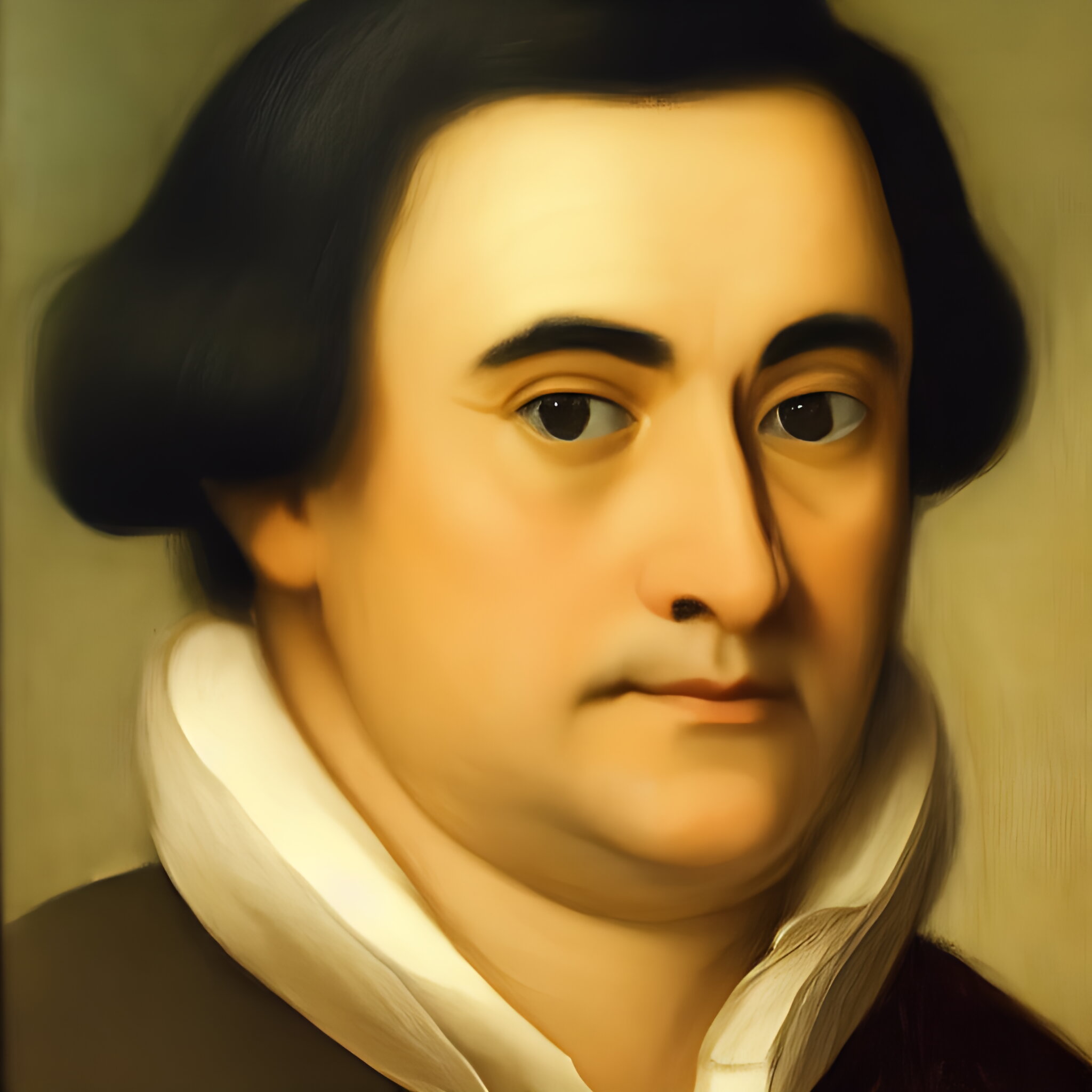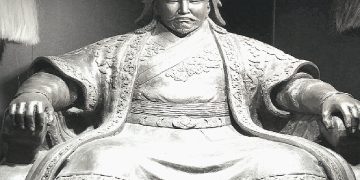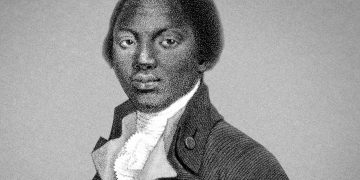Thomas Abbt was a German philosopher and writer who lived during the Enlightenment era. His contributions to philosophy, literature, and education were groundbreaking and continue to influence thinkers to this day. This article will delve into the life and works of Thomas Abbt, highlighting his unique perspectives and lasting legacy.
Thomas Abbt was born on November 25, 1738, in Ulm, Germany. He grew up in a modest family and showed exceptional intellectual abilities from a young age. Abbt studied at the University of Halle, where he pursued a wide range of subjects, including theology, philosophy, mathematics, and law.
Philosophical Thought:
Abbt’s philosophical thought was heavily influenced by the Enlightenment, a period characterized by reason, scientific progress, and the questioning of traditional institutions. He advocated for the use of reason and logic in all aspects of life and believed that education played a crucial role in shaping society.

One of Abbt’s most significant works, “Vom Tode für das Vaterland” (On the Death for the Fatherland), published in 1760, garnered widespread attention. In this essay, he discussed the ethical implications of sacrificing one’s life for the nation. Abbt argued that blind obedience to the state was not virtuous and that individuals should critically evaluate the motives behind such sacrifices.
Literary Contributions:
Apart from his philosophical writings, Abbt also made notable contributions to literature. His novel “Wieland der Schmied” (Wieland the Blacksmith) published in 1764, captivated readers with its engaging narrative and exploration of moral dilemmas. The novel is a reflection of Abbt’s belief in the power of storytelling as a means of conveying complex ideas and provoking critical thinking.
Educational Reforms:
Abbt was a strong advocate for educational reforms. He believed that education should be accessible to all, regardless of social status or gender. Abbt emphasized the importance of practical knowledge and vocational training, which was ahead of his time. His ideas laid the foundation for modern educational systems that focus on a well-rounded education and skills development.
Death
Tragically, Thomas Abbt’s promising career was cut short when he succumbed to tuberculosis at the young age of 28. Despite his premature death, his intellectual legacy continued to resonate within the philosophical and ethical discussions of the time and beyond.
Though his life was brief, Thomas Abbt’s intellectual contributions have left an indelible mark on the history of philosophy. His work stands as a testament to the enduring power of ideas and the profound impact of a brilliant mind, even in the face of life’s brevity.
Thomas Abbt’s ideas and writings had a lasting impact on the Enlightenment movement and subsequent philosophical thought. His emphasis on reason, critical thinking, and the pursuit of knowledge continue to inspire scholars and thinkers today. Abbt’s works were instrumental in challenging traditional norms and advocating for individual autonomy and social progress.
Thomas Abbt was a philosopher, writer, and educational reformer whose ideas were ahead of his time. His philosophical thought, literary contributions, and advocacy for educational reforms continue to resonate with contemporary thinkers. Abbt’s legacy serves as a reminder of the power of reason, critical thinking, and the pursuit of knowledge in shaping a just and progressive society.













Comments 2